Hey look, I thought protein was the holy grail too. Who isn’t chasing gains, right? My buddy was lifting weights 6 days a week, pounding shakes, and eating chicken breast with every meal. Life was all macros and muscle. Then one day, he started peeing foam like it was going out of style. Swelling in his ankles, fatigue, and nausea followed. His doctor hit him with a “CKD alert”—chronic kidney disease. Yeah. Turns out, protein overload risks aren’t just a rumor. They’re real. And if you’re chasing grams without balance, this might be you next.
High-protein diets are everywhere. Instagrammers, nutritionists, even mainstream health articles talk up protein for weight loss, muscle gain, and glycemic control. But let’s get real for a sec—what if that protein pressure is quietly damaging your kidneys? Even if you’re healthy? Even if you’re “just” trying to bulk up? Turns out, there’s a fine line between fueling gains and overloading your system. Especially when you talk about long-term protein intake. So before you stock up on steak, bacon, and whey by the bucketload… let’s talk.
Who’s at Risk?
Chasing protein without considering your kidney health is like flooring the gas in a beat-up car—it might go faster for a bit. But eventually, something breaks down. The question isn’t if high protein diets work. They do. But not for everyone. Not without limits.
How Animal Protein Fuels CKD
If you’re stacking up red meat, full-fat dairy, and eggs, you’re playing with fire. Not metaphorically. Literally. A 2025 study in Singapore, the Singapore Chinese Health Study, links meat-heavy protein to ESKD risk—end-stage kidney disease. Turns out, the stuff we thought was safe to bulk with? It’s got a side effect: acid load, phosphate build-up, gut microbiome issues, and systemic inflammation. All red flags for kidney damage.
But isn’t steak the most “complete” protein? Sure. But too much, too often? That acid load wears down your kidneys fast. Especially if you’ve already got a pre-existing condition like hypertension or diabetes—major contributors to CKD.
Protein Overload and Healthy Kidneys
Even if you’re healthy. Even if you’ve never had kidney problems. This 2020 study found that long-term high protein intake—even above 1.5g per kg of body weight—can lead to glomerular hyperfiltration. Yeah, your kidney filters overwork. Eventually, those microscopic structures called glomeruli get damaged. And that leads to proteinuria—protein in your urine. Which is your body saying, “Dude. This is not okay.”
Plant Protein vs. Animal: What’s the Real Damage?
Animal sources? High in saturated fat, phosphate, and acid load. Plant-based options? Lower acid, lower phosphate, and high in fiber. Here’s a quick visual:
| Protein Source | Risks | Benefits |
|---|---|---|
| Red meat (steak, pork, beef) | High sodium, phosphate, and acid load. Linked to early kidney damage. | Rich in B12, iron, and zinc. |
| Legumes (beans, lentils) | May raise blood sugar if overeaten. Not a full amino acid source. | High in fiber, lower acid, safe for CKD if monitored. |
| Processed meats (bacon, hot dogs) | Saturated fat, salt, and additives. Major strain on kidneys. | Convenient. Not healthy over time. |
Symptoms That Say, “Your Kidneys Need a Break”
If your urine’s been foamy lately… or your ankles are swollen after a high-protein meal… your kidneys are screaming. Maybe literally. But most folks ignore it, thinking it’s just dehydration, stress, or poor sleep.
But here’s the hard truth: If you’re chasing grams aggressively, your body might be leaking protein into your urine. And that’s a problem even healthy people can’t afford.
Early Warning Signs
- Foamy, frothy, or bubbly urine—especially if it lingers.
- Swelling in hands, feet, or face that doesn’t go away.
- Feeling run-down, nauseating after protein-heavy meals.
- Excessive urination, especially at night.
- Nighttime muscle cramps, no obvious cause.
How to Test for Protein Overload
Ever done a UACR test? The “urine albumin-to-creatinine ratio” catches protein overload early. Anything over 30mg/g is a red flag. If you’re hitting that, it means your kidney filters are strained. Not broken yet—but damaged. And that damage isn’t just theoretical. It’s physiological. It’s your body’s way of saying, “Slow down.”
Real Stories: From Ignoring Symptoms to Dialysis
I once met a guy who thought his bloating was just post-workout inflammation. Turned out it was chronic kidney disease stage 4 from 8 years of keto + whey shakes. He didn’t start with CKD. But constant overload? That did it. Yeah. He’s on dialysis now. And no, he won’t touch 200g of protein a day anymore.
How to Eat Protein Without Trashing Your Kidneys
Protein’s not all bad. You need it for muscle repair, immune function, and staying full on fewer calories. Just not the kind or amounts most of us are wolfing down in the name of keto, paleo, or bodybuilding.
Daily Protein for Real People (Not Lab Rat Studies)
Here’s the deal: protein needs aren’t one-size-fits-all. The RDA for a healthy adult is around 0.83g per kg of body weight, per National Institutes of Health guidelines.
Let’s say you weigh 70kg (about 154lbs). You need roughly 58g of protein a day. You’re probably getting 120-180g. That’s a 2x or 3x overkill. It’s not just extra—it’s stressful for your kidneys. Especially if you’ve got a family history of CKD, or you’re diabetic.
You’re not on dialysis? Then dial it down. Your kidney’s still filtering. Make its job easier—not harder.
Plant vs. Meat: Choosing Your Battle Wisely
Plant-based proteins like lentils, tofu, and edamame won’t trigger proteinuria as fast. Animal stuff? High in acid, which your kidney has to neutralize by working harder. And if you’re on dialysis, or you will be, too much plant-based protein might mean missing out on some essential amino acids. So balance matters.
Don’t just pick one or the other—mix. A shake of whey with spinach? Great. 4 oz of chicken with beans on the side? Smart move. It’s not just about grams—it’s about nutrient quality, kidney load, and long-term health.
Meal Planning for Lower Kidney Load
| Meal Type | Healthy Protein Plan |
|---|---|
| Breakfast | Egg whites + oatmeal + banana (moderate animal proteins) |
| Lunch | Grilled chicken (4oz) with mixed greens and quinoa |
| Dinner | Cottage cheese (plant-based if not on dialysis) + roasted vegetables |
| Snack | Protein yogurt or unsalted peanut butter + apple slices |
Listen to the Experts (Even If You’re a Skeptic)
I know—dietitians sound like broken records. “Eat less salt. Drink more water. Limit protein.” But here’s the reality: your kidneys aren’t bulletproof. Sure, they’ll process your protein just fine… for now. But 3–5 years of keto, carnivore, or 300g shakes a day? That’s not theoretical—it’s documented.
Dialysis and Protein—What’s the Catch?
If you’re already in dialysis treatment, guess what—your body needs even more protein than the RDA. It’s a different story because dialysis pulls out some proteins. But if you’re not on dialysis and think you need 150g or more a day? The National Kidney Foundation warns that might accelerate your decline. It’s a matter of workload. Protein breakdown produces waste. If your kidney can’t clear it? That waste builds up. Your energy drops. Your appetite fades. Your health spirals—without you even knowing until you’re in serious trouble.
The Studies Still Missing Answers
There’s a gap in the science. Some studies say high protein won’t kill your healthy kidneys. Others say long-term overload might lead to de novo CKD. But here’s a hard reality: research isn’t 100% conclusive. Some human data is short-term—like 6 weeks or a few months. But if you’ve been hitting 200g+ for 3 years? You’re not the subject these studies tested.
Talk to Your Doctor: Questions That Save Lives
- “What’s my UACR?”
- “Do I need a kidney-friendly protein plan?”
- “Are all proteins created equal, or do some affect renal health faster?”
So… Is Protein Still Worth It?
Here’s the bottom line:
You want muscle? Protein helps. You want fullness, weight loss, and better glycemic control? Protein helps. But if your kidneys are quietly struggling—whether now or later—this becomes a trade-off. And the longer you play this game, the greater your protein overload risks… especially without a registered dietitian guiding your intake.
Short-Term Gains vs. Long-Term Kidney Health
High protein’s not going away. And honestly? It works, if done in short bursts. But for chronic, long-term users—this isn’t a debate. This is a risk. A study from the Oxford Nephrology Journal in 2020 put it bluntly: high protein diets, especially from animal sources, worsen CKD progression, even if initially healthy.
Protein Isn’t the Problem—It’s Chasing More Than You Need
The thing is… protein isn’t dangerous like poison. But when you’re going full carnivore or keto without checking your kidney function, you’re asking your body to run in third gear all day. You’re asking your filters to work overtime. Without a maintenance break.
You know what’s worse? Ignoring the signs. Like that weird swelling in your fingers. Or the muscle cramp outta nowhere. Or even that proteinuria—protein in your urine. These aren’t “side effects.” They’re your body’s way of crying out for help. Don’t wait until you’re told, “You need dialysis.”
Checklists to Stay Smart About Protein
| Action | Why It Helps |
|---|---|
| Limit high-protein shakes to 1/day | Prevents acute urea spikes |
| Rotate plant and animal proteins | Less strain on kidney’s filters |
| Track grams: 0.83g/kg is enough | Maintains muscle without overload |
| Annual urine and blood work | Early detection prevents long-term damage |
You Don’t Have to Be Scared — Just Smart
If I lost you in all this data and kidney jargon… let me simplify it. Yeah, protein helps. But too much, too often? It can silently overload your kidneys—whether you’re healthy or not. And the risk? It’s not abstract. It’s real. It’s backed by science—from NHANES, the National Kidney Foundation, and kidney experts across the board.
So, what now?
- Track your grams. Don’t guess. Don’t follow some influencer’s routine. Ask a human—like a renal dietitian.
- Swap 1 out of 3 of your chicken or egg meals for lentils or tofu.
- Hydrate. Yes, water helps flush kidney waste.
- Stop using “I feel fine” as your only health metric.
You don’t have to cut out protein. You just have to eat it smart. And when you do, your kidney health wins. Your energy’s steady. And yeah, you’re still building muscle—but without silently trashing your filters. That’s the kind of gain that lasts.

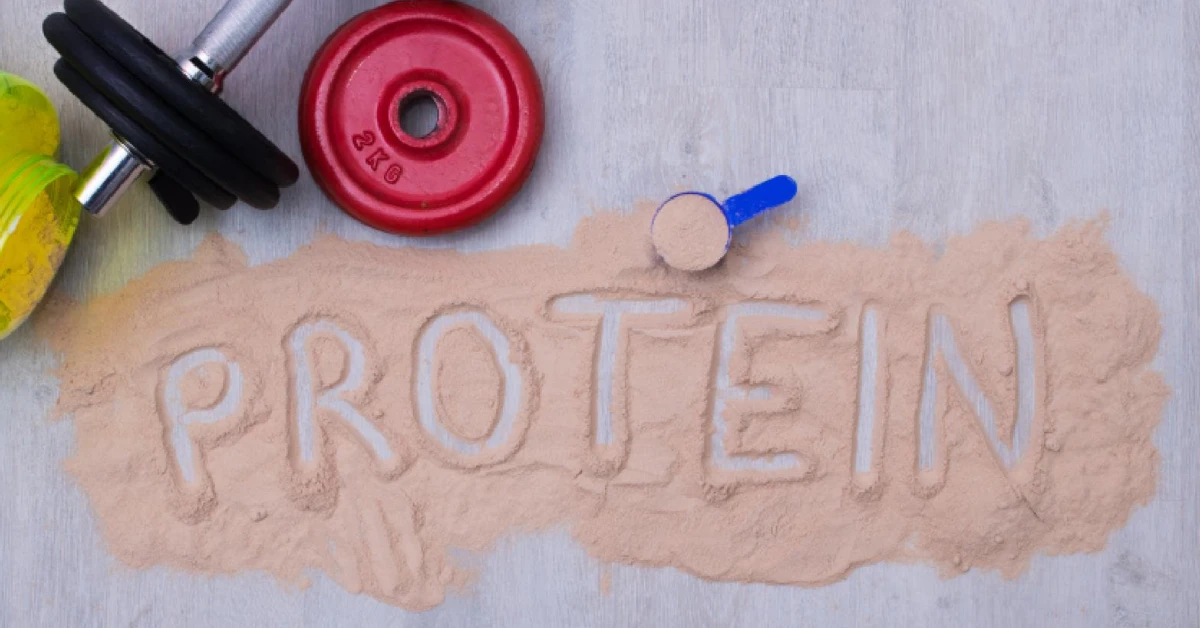

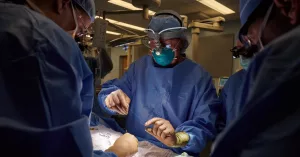
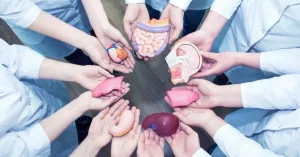
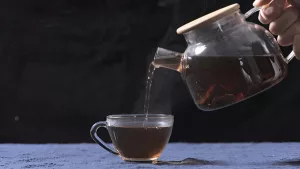









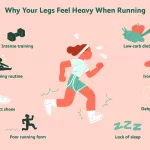
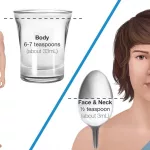




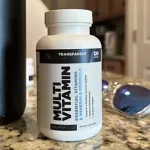
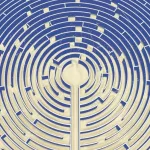
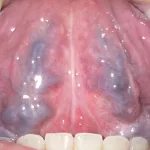
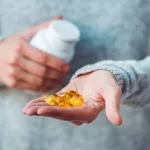
Leave a Reply
You must be logged in to post a comment.